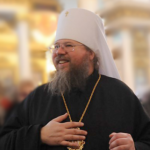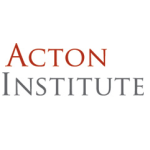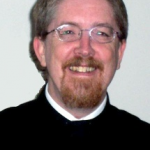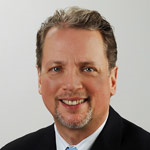
Deprecated: trim(): Passing null to parameter #1 ($string) of type string is deprecated in /home/aoiusa/public_html/wp-content/plugins/sexybookmarks/public.php on line 388
Deprecated: trim(): Passing null to parameter #1 ($string) of type string is deprecated in /home/aoiusa/public_html/wp-content/plugins/sexybookmarks/public.php on line 394
Deprecated: trim(): Passing null to parameter #1 ($string) of type string is deprecated in /home/aoiusa/public_html/wp-content/plugins/sexybookmarks/public.php on line 400
When the Orthodox Church in America (OCA) axed Metropolitan Jonah they snatched defeat from the jaws of victory. Mediocrity was the watchword. In the jurisdiction that has been steadily losing ground for twenty years, they rejected the man who displayed the necessary gifts to bring the Gospel as it is understood and comprehended within our Orthodox faith to America.
His Beatitude wasn’t a suitable administrator his detractors said. The claim might have some merit but since when has administrative capabilities been the high water mark of ecclesiological competence? Why weren’t accommodations made to employ his prodigious gifts and make up for the weaknesses?
Met. Jonah is an evangelist first and an administrator maybe third, but evangelization is what the American Orthodox Church needs to do.
Look at the results of Fr. Peter Guillquist and his colleagues. Were there missteps along the way? Of course there were, but no one believes that Fr. Guillquist and the work of the Evangelical Orthodox (as they were called for many years) have been anything but a great gain for the American Orthodox Church.
Metropolitan Philip had the foresight to see the hand of God when the Evangelicals came knocking. When an opportunity presents itself you take it, even if you have to make adjustments down the road. It’s a pity that the OCA leadership doesn’t have the same expanse of vision.
Met. Jonah’s great strength is his ability to reach Christian audiences outside of the Orthodox Church. They are searching for a deeper communion with our Lord Jesus Christ, and the dogmatic and theological coherence he offered clarified how to find Him.
His audience comprehended Met. Jonah’s words because he understood that the critical questions of the age and the ones his listeners held were anthropological in nature. They already knew that answers could not be found outside of reference to God and in that sense they are proto-Orthodox and brethren. Moreover, in answering their questions Met. Jonah also defined for them how their questions should ultimately be framed.
Reaching audiences in this way requires discernment. A man cannot understand the interior life of another person without doing his own interior work first. There is no way we can understand the needs of neighbor without repentance and the striving against temptation and sin that the Christian life requires. Without it our words will ring hollow – noisy gongs and clanging symbols.
If our Orthodox leadership does not comprehend this point, then it suggests that the discernment necessary to penetrate the moral and theological relativism of the age does not exist and the Gospel of Jesus Christ will not be preached. The best we will see are hollow substitutes.
Unfortunately, in some quarters of the Church Met. Jonah’s words were received with suspicion and even alarm. There is a tendency for the Orthodox to become self-referential — to see the Church as a private possession or to conflate notions of the “True Church” with Christ who is Truth. When this happens the Church becomes an echo chamber that can make discerning the truth even more difficult.
Orthodox Christianity was brought to America for Americans, not just the Orthodox faithful. It is coming of age at a time when the dominant communions that guided American culture are suffering grievous internal fracturing that leaves many faithful Christians homeless.
This timing is not an accident of history. It defines our mission, one that Met. Jonah took on to show us a more excellent way. We should listen.

See: Met. Jonah: Asceticism and the Consumer Society
Also see: Metropolitan Jonah at the American Enterprise Institute, December 6, 2011 [Video]



